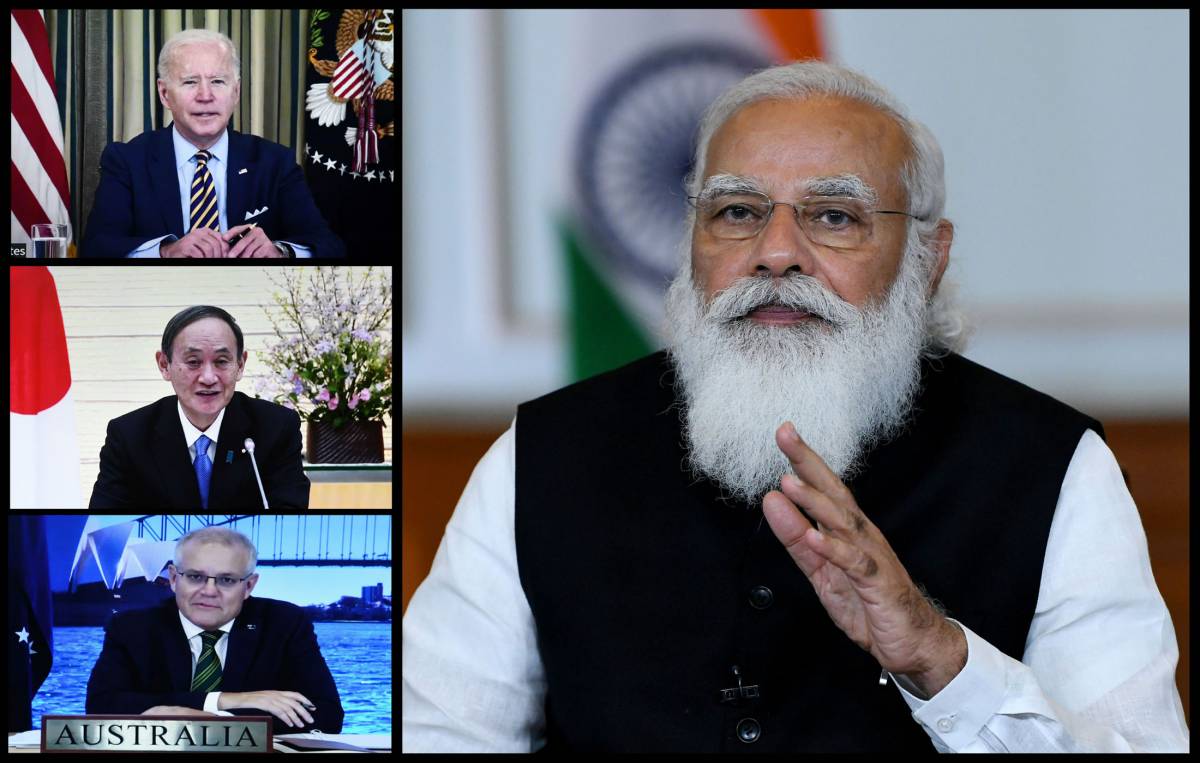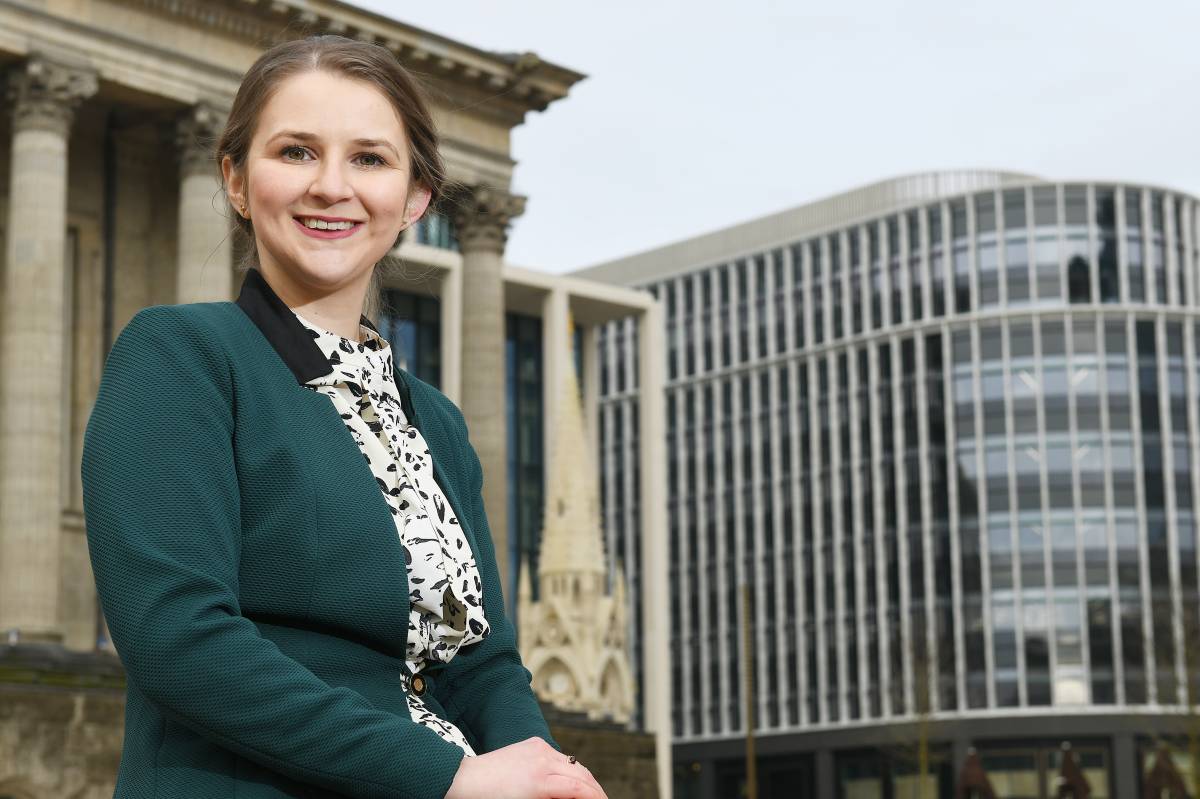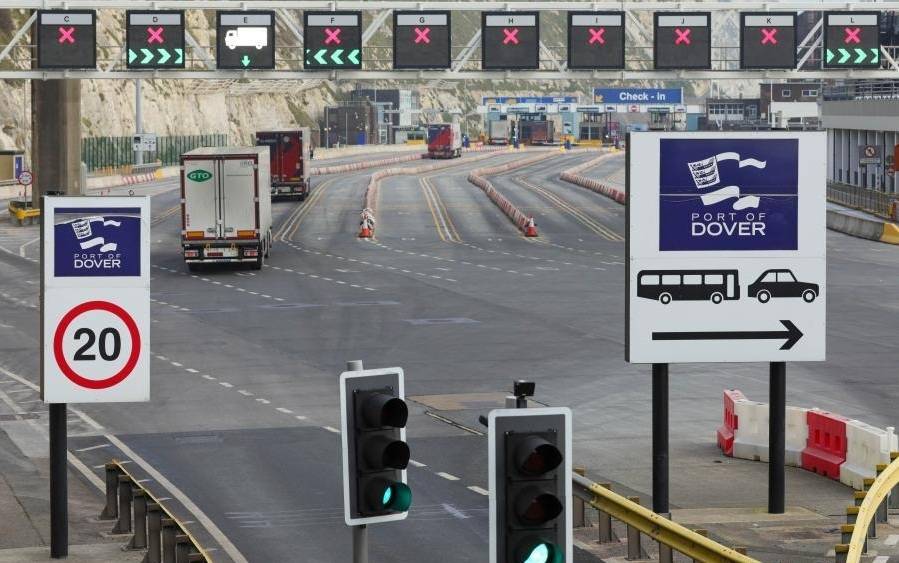The first-ever QUAD leaders summit saw an unprecedented deal to deliver up to 1 billion doses of Coronavirus vaccine to the Indo-Pacific region, reports Arul Louis
QUAD is on the move for a stronger and safer Indo-Pacific. The leaders at the Quad summit made a commitment on Friday to harness India’s manufacturing prowess for a massive vaccine diplomacy project to deliver 1 billion doses to the Indo-Pacific region and beyond as the four-nation group eyes broader agenda, US National Security Adviser Jake Sullivan has said.
Calling the Quad and “emergent institution”, he said on Friday: “These four leaders made a massive joint commitment with India, manufacturing US technology, Japanese and American financing and Australian logistics capability. The Quad committed to delivering up to 1 billion doses to ASEAN. The Indo-Pacific and beyond by the end of 2022.”
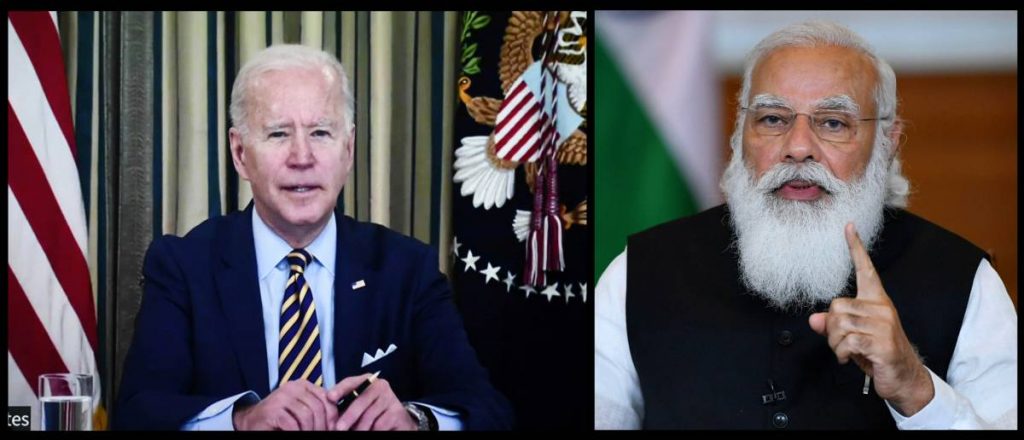
India’s vaccine development and manufacturing capabilities put it in the driver’s seat in the project that is of imminent importance to the Quad.
Prime Minister Narendra Modi tweeted: “United in our fight against COVID-19, we launched a landmark Quad partnership to ensure accessibility of safe COVID-19 vaccines. India’s formidable vaccine production capacity will be expanded with support from Japan, US & Australia to assist countries in the Indo-Pacific region.”
Also Read – UN’s new campaign for vax equity
“Today’s summit shows that Quad has come of age — Modi said at the beginning of the summit with Prime Ministers Scott Morrison of Australia and Yoshihide Suga of Japan, and US President Joe Biden as the group reaches for a new role embracing development and cooperation beyond the four nations as a force for the global good.”
“It will now remain an important pillar of stability in the region,” Modi said.
Vice President Kamala Harris also participated in the summit that was held virtually with Biden presiding from the White House.
Sullivan said that the leaders agreed to meet in person before the end of the year.
China challenge
Biden is trying to give the Quad that is formally known as the Quadrilateral Security Dialogue an impetus to expand in other areas with a new model of cooperation.
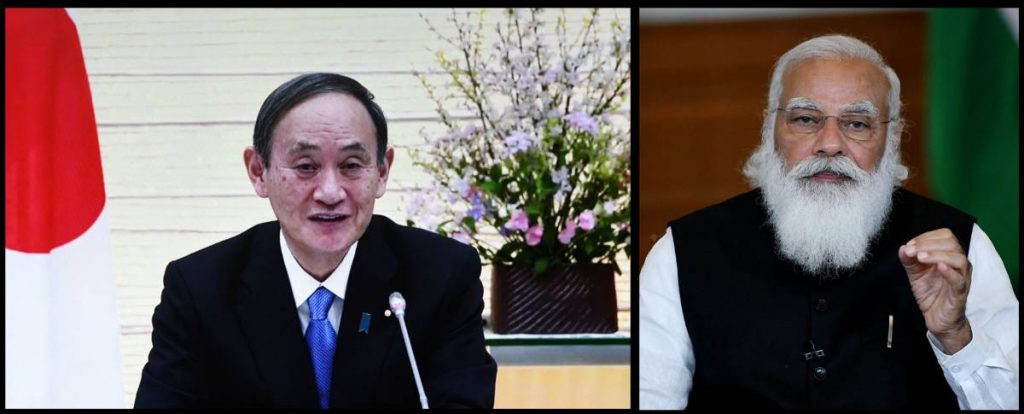
Sullivan said at his briefing in Washington that the challenge posed by China figured in the talks and “they made clear that none of them has any illusions about China, but today was not fundamentally about China.”
However, Sullivan said: “The Quad is not a military alliance; it’s not a new NATO despite some of the propaganda that’s out there. What it is is an opportunity for these four democracies to work, and also with other countries on fundamental issues of economics, technology, climate and security.”
“Each of the leaders independently in the course of the meeting referred to this event as historic because it’s cemented, a group of strong democracies that will work together going forward to secure a free and open Indo-Pacific,” Sullivan said.
The leaders discussed key regional issues including freedom of navigation and “freedom from coercion” in the South and East China Seas, the North Korea nuclear issue, and the Myanmar coup, he said.
A joint statement issued at the end of the summit said that the four countries will establish a vaccine working groups on vaccine and technology.
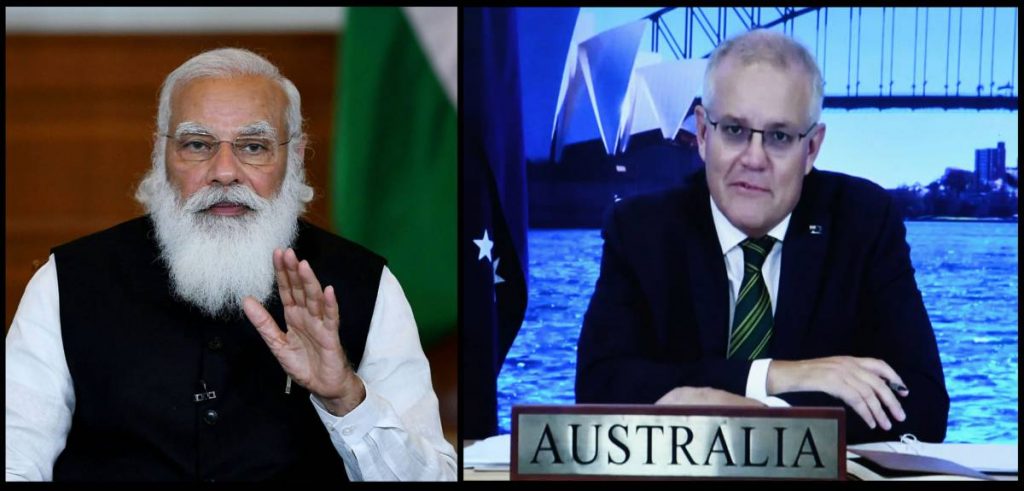
The critical- and emerging-technology working group will work to facilitate cooperation on international standards and innovative technologies of the future, while the climate working group will seek to strengthen climate actions globally on mitigation, adaptation, resilience, technology, capacity-building, and climate finance, the statement said.
The statement also said, they will try “to meet challenges to the rules-based maritime order in the East and South China Seas”.
It said, “We reaffirm our commitment to the complete denuclearization of North Korea in accordance with United Nations Security Council resolutions, and also confirm the necessity of immediate resolution of the issue of Japanese abductees. As long-standing supporters of Myanmar and its people, we emphasise the urgent need to restore democracy and the priority of strengthening democratic resilience.”
Secretary of State Antony Blinken, National Security Adviser Jake Sullivan and Sumona Guha, the National Security Council’s senior director for South Asia, also participated in the summit.
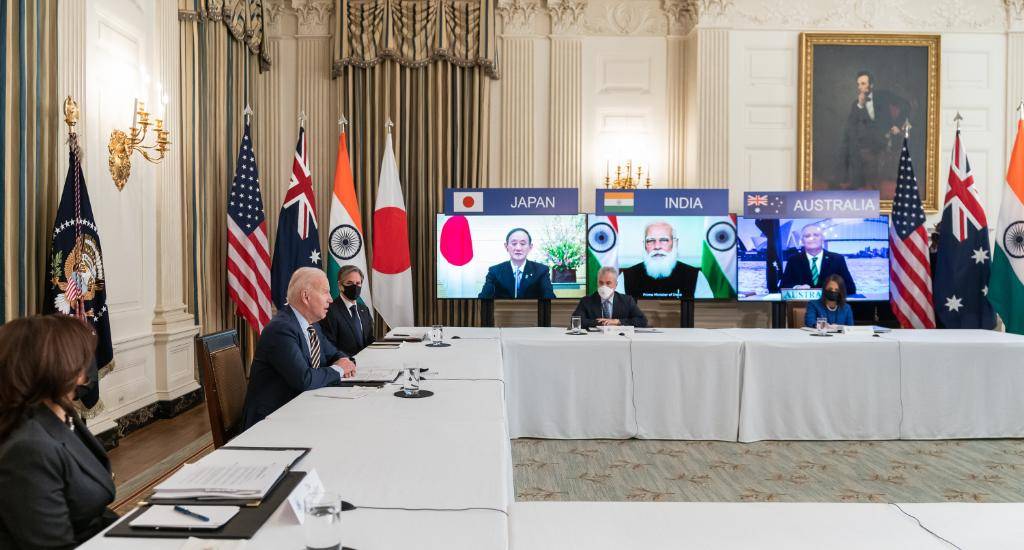
As the summit began, Biden said, “The United States is committed to working with you, our partners, and all of our allies in the region to achieve stability. This is a group particularly important because it is dedicated to the practical solutions and concrete results.”
“The Quad is going to be a vital arena for cooperation,” he said.
Sullivan did not give further details of the vaccine plan. But some media reports said that the US would help India manufacture the one-dose vaccine developed by Johnson & Johnson that does not require ultra-cold refrigeration like other US vaccinations.
Also Read – Biden denounces anti-Asian attacks


